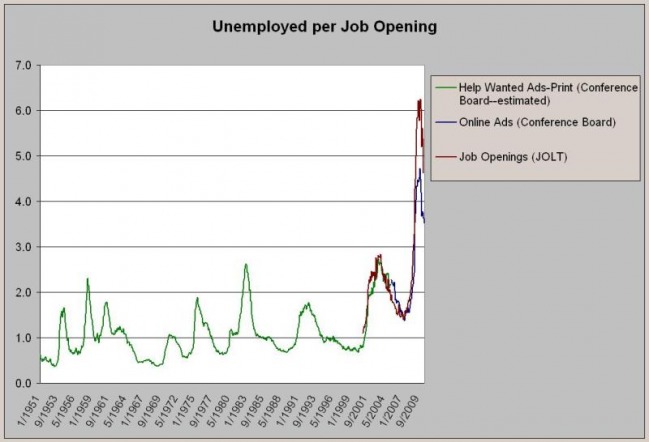That earlier GMO Eucharist thread got taken over by a discussion of gluten and celiac disease. I will re-post these lines from Ocholophobist, quoted in the original post, in hopes that y’all will want to discuss it here:
[T]here is something disheartening in having to go to an upscale store or the upscale aisle at your local grocery in order to purchase something which is natural and relatively unmolested. As we see in so many arenas in the late modern American life, what was once a good quotidian human act or experience shared by the many is now only kept for the rich. One pays top dollar today to eat the sorts of foods once eaten by peasants — a simple stew with a couple ounces of pasture fed beef and organic vegetables and grains which have been processed in a traditional manner might cost you $60 at the right place. Purchasing the requisite items at Whole Foods might still cost you $20. Thus unless you are a person of means, you either grow/raise the food yourself or you eat laboratory foods
Here’s a quote from Bill Buford’s excellent book “Heat” that speaks to this issue:
The metaphor is usually one of speed: fast food has ruined our culture, slow food will save it (and is the rallying manifesto for the movement of the same name, based in Bra, in northern Italy.) You see the metaphor’s appeal. But it obscures a fundamental problem, which has little to do with speed and everything to do with size. Fast food did not ruin our culture. The problem was already in place, systemic in fact, and began the moment food was treated like an inanimate object – like any other commodity – that could be manufactured in increasing numbers to satisfy a market. In effect, the two essential players in the food chain (those who make the food and those who buy it) swapped roles. One moment the producer (the guy who knew his cows or the woman who prepared culatello only in January of the old young man who picks his olives in September) determined what was available and how it was made. The next moment it was the consumer. The Maestro blames the supermarkets, but the supermarkets are just a symptom. (Or, to invoke a familiar piece of retail philosophy: the world changed when the food business agreed that the customer was right, when, as we all know, the customer is actually – well, not always right.) What happened in the food business has occurred in every aspect of modern life, and the change has produced many benefits. I like island holidays and flat-screen televisions and have no argument with global market economics, except in this respect – in what it has done to food.
When I started, I hadn’t wanted a restaurant. What I wanted was the know-how of people who ran restaurants. I didn’t want to be a chef: just a cook. And my experiences in Italy taught my why. For millennia, people have known how to make their food. They have understood animals and what to do with them, have cooked with the seasons and had a farmer’s knowledge of the way the planet works. They have preserved traditions of preparing food, handed down through generations, and have come to know them as expressions of their families. People don’t have this kind of knowledge today, even though it seems as fundamental as the earth, and, it’s true, those who do have it tend to be professionals – like chefs. But I don’t want this knowledge in order to be a professional; just to be more human.
(Via Arturo)

